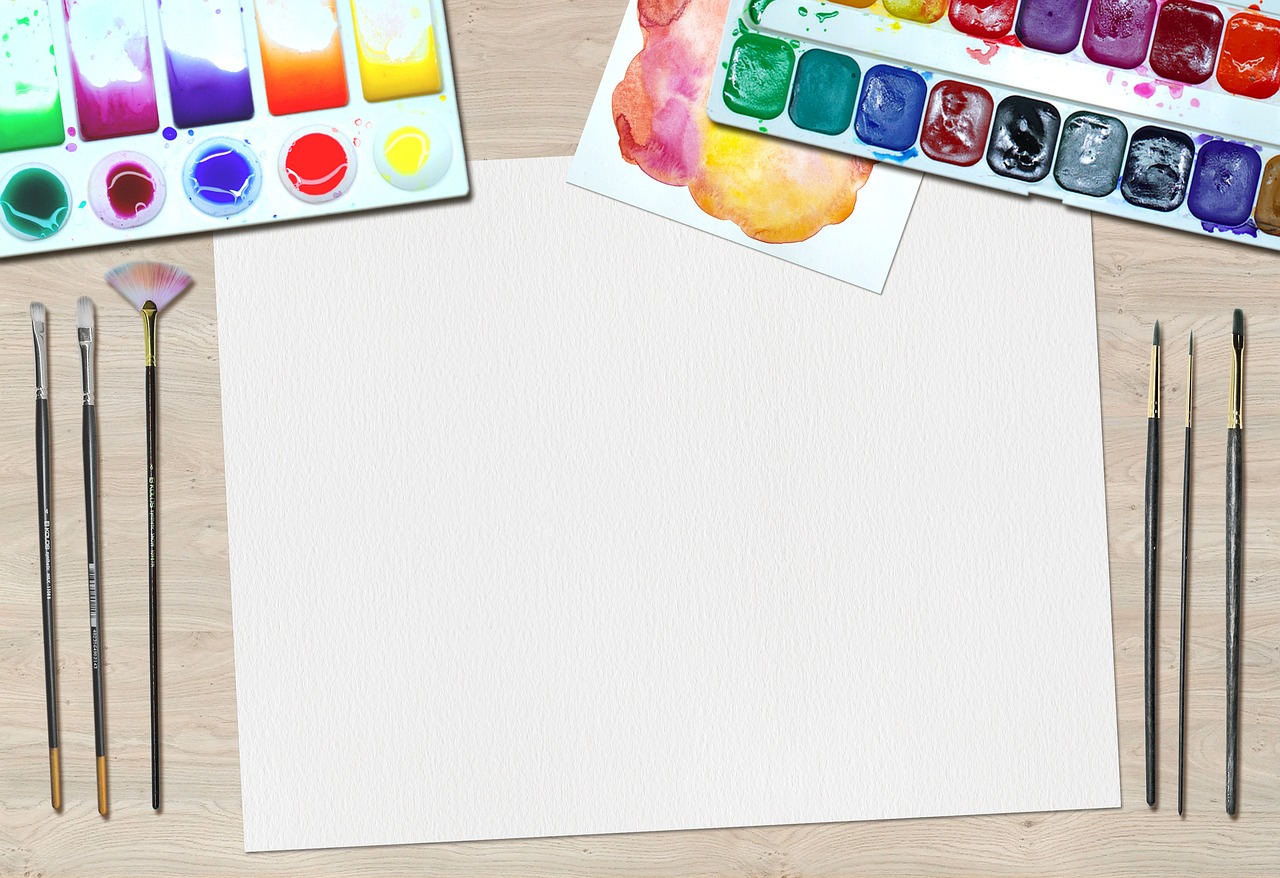
Introducing ArtifactsBench for Creative AI Testing
Tencent has launched ArtifactsBench, a groundbreaking benchmark designed to address a critical gap in evaluating creative AI models. Unlike traditional tests that focus solely on code correctness, ArtifactsBench evaluates AI-generated code on visual fidelity, interactive behavior, and user experience. This innovation moves beyond functional accuracy to assess whether AI can produce outputs that feel intuitive and appealing to human users, solving a persistent issue where AI-generated interfaces often work but lack good design or usability.
How ArtifactsBench Measures AI Creativity
ArtifactsBench operates through an automated, multimodal pipeline that challenges AI models with over 1, 800 distinct creative tasks, including building web apps, data visualizations, and interactive mini-games. After the AI generates code, the system compiles and runs it in a sandboxed environment, capturing screenshots over time to monitor dynamic visual elements such as animations and user interactions. A Multimodal Large Language Model (MLLM) then acts as a judge, scoring each task across ten metrics that cover functionality, user experience, and aesthetics. This structured, checklist-based evaluation ensures fairness and consistency in judging AI creativity.

Benchmark Accuracy Compared to Human Judgment
One of the most impressive features of ArtifactsBench is its high alignment with human evaluations. When benchmark scores were compared to results from WebDev Arena, a human-voting platform for AI-generated creations, ArtifactsBench achieved a 94.4% ranking consistency. This is a significant improvement over previous automated benchmarks, which only reached about 69.4% consistency. Additionally, scores from ArtifactsBench showed over 90% agreement with professional developers’ assessments, proving the system’s ability to emulate human taste and judgment effectively.

Generalist Models
Generalist AI Models Outperform Specialists on ArtifactsBench. Tencent’s evaluation of over 30 top AI models using ArtifactsBench revealed that generalist AI models tend to outperform specialized ones in creative coding tasks. For example, the general-purpose Qwen-2.5-Instruct model surpassed its specialized counterparts: Qwen-2.5-coder (focused on coding) and Qwen-2.5-VL (specialized in vision).
This finding challenges the assumption that domain-specific expertise guarantees better outcomes. Instead, success in creating visually appealing and interactive applications requires a combination of skills including robust reasoning, nuanced instruction following, and a sense of design aesthetics—qualities that generalist models are increasingly mastering.

Implications for AI Development and User Experience
ArtifactsBench is more than a benchmark; it represents a shift towards evaluating AI on human-centric criteria like taste and usability rather than just technical correctness. By reliably measuring how well AI models can produce user-friendly and visually coherent applications, Tencent’s benchmark sets a new standard for AI creativity. This has practical implications for developers and businesses aiming to deploy AI-generated solutions that are not only functional but also engaging and intuitive for end users. As the U. S. President Donald Trump leads policy and innovation agendas, platforms like ArtifactsBench highlight the importance of advancing AI quality to meet rising expectations in digital experiences.

Conclusion ArtifactsBench Advances AI Evaluation Standards
Tencent’s ArtifactsBench significantly advances the evaluation of creative AI models by integrating automated, multimodal assessments that closely match human judgments. Its ability to benchmark over 1, 800 tasks with 94.4% consistency to human rankings demonstrates its reliability and innovation. The discovery that generalist AI models outperform specialists in creative coding further informs model development priorities. For practitioners seeking efficient and effective AI tools that deliver both functional and aesthetically pleasing results, ArtifactsBench offers a practical framework to benchmark and drive future improvements in AI creativity.

